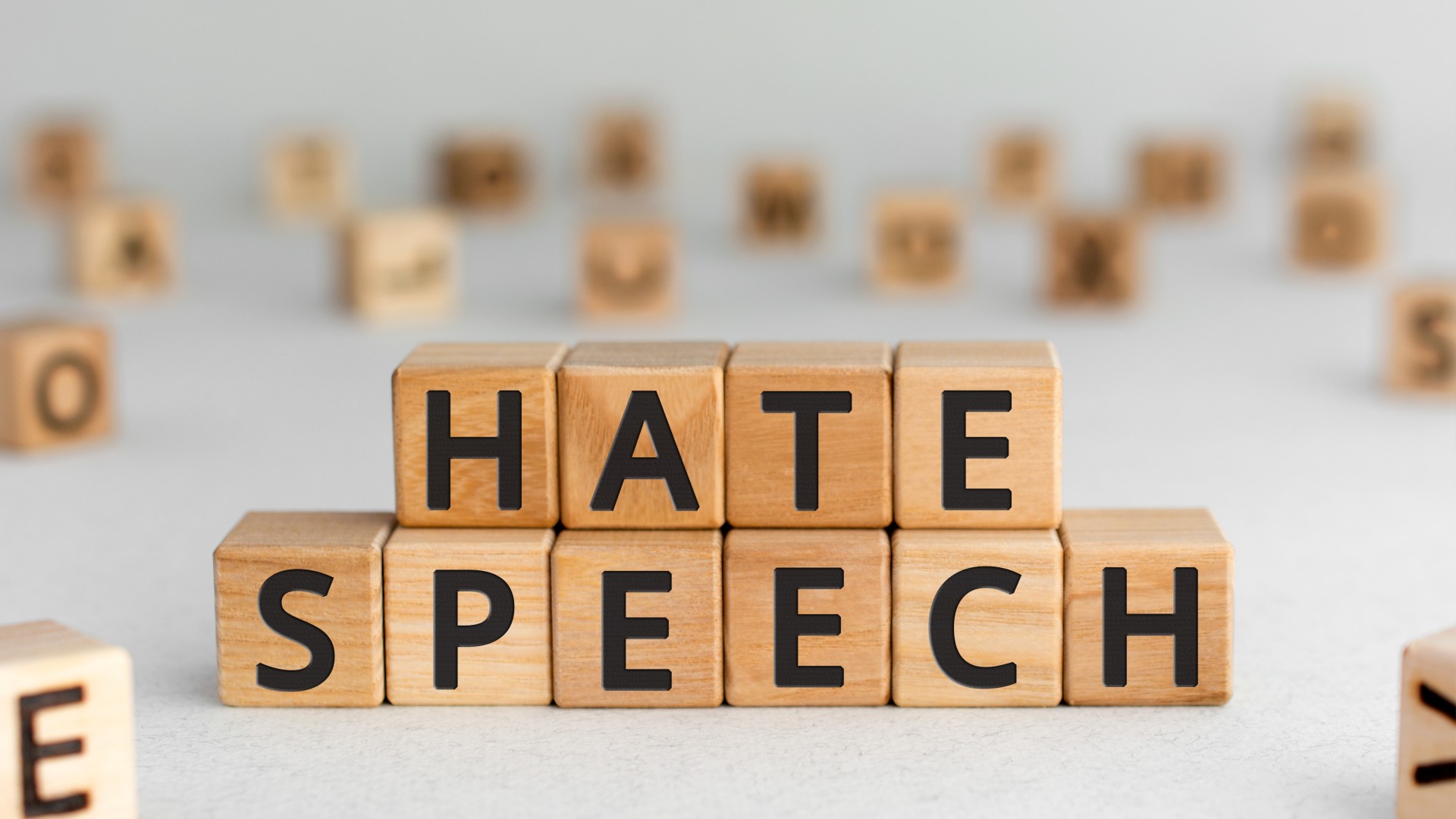
By Zaith Zaba
LAST week in an article titled By-elections: Time to nurture democracy, I urged government to decisively deal with perpetrators of intra and inter-party political violence.
“The emerging disturbing violence cases have to be nipped in the bud before they become a national security issue,” I recommended.
With the violent clashes that occurred in Gokwe and Kwekwe over the weekend, I felt it necessary to stress the need for Zimbabwe to ditch the retrogressive and negative culture of political violence. Zimbabwe has been stuck in this destructive vicious circle in which political violence has continued to be a major cause of concern. Virtually every poll carried in Zimbabwe has been characterised by political violence.
The country has a history of political violence, dating back to the colonial era. Since 1980 it has had a worrying trend of political violence, which has been witnessed at both intra and inter-party levels.
The state has also perpetuated it by deploying the security apparatus to brutally deal with opposition political parties. Watching the police spraying teargas on Citizens Coalition for Change (CCC) supporters in Gokwe, was reminiscent of the late former president Robert Mugabe’s iron-fist reign when police would fire teargas, water cannons and beat up protesters and opposition party supporters.
A cold shiver ran down my spine watching the video footages that went viral at the weekend of panicking opposition supporters running to safety in Gokwe and in Kwekwe where CCC leader Nelson Chamisa held rallies ahead of the by-elections to be held on March 26 in 28 parliamentary constituencies and 105 council wards. Violence erupted in Kwekwe during Chamisa’s address when suspected Zanu PF supporters wielding machetes and spears, among other weapons, stormed the rally at Mbizo 4 shopping centre, leaving one person dead and several others injured.
Political violence is detrimental and costly, not only to human life, as was the case in Kwekwe, but also to the economy.
- Chamisa under fire over US$120K donation
- Mavhunga puts DeMbare into Chibuku quarterfinals
- Pension funds bet on Cabora Bassa oilfields
- Councils defy govt fire tender directive
Keep Reading
According to the Global Peace Index report produced by the international think-tank, the Institute for Economics and Peace (IEP), the economic impact of violence was US$14,8 trillion in 2017, equivalent to 12,4% of global gross domestic product or nearly US$2 000 per person.
This amplifies the fact that conflict disrupts the economy, upsets social order and derails human life. This is why we are today saying President Emmerson Mnangagwa needs to ensure that police officers and perpetrators of political violence are punished.
He needs not only act decisively but also make it clear in his messaging that Zimbabwe no longer tolerates such barbaric acts.
All political leaders must be unequivocal against political violence. There is no room for half measures. Violence is simply unacceptable.
In addition, political leaders must prevent the use of hate speech as it can trigger discrimination, hostility and violence.
Speaking at a rally on Saturday, Vice-President Constantino Chiwenga said: “I have heard others here saying down with triple C, let me assure you that there is nothing that it can achieve, you see how we crush lice with a stone. You put it on a flat stone and then flatten it to the extent that even flies will not make a meal out of it. That is what we are going to do to CCC.”
Political leaders should stop spewing such hate speech.
Chamisa’s utterances at the weekend that his party would bar journalists from the public media from covering their events are unacceptable. As a party that purports to be a champion of democracy, it must learn to tolerate divergent views.
As executive director at Open Society Initiative for Southern Africa Siphosami Malunga pointed out in 2020 political leaders have over the past decades churned out hate speech with “deliberate intension to generate intolerance and hatred and divide society along political and tribal lines and to demean opponents and encourage and promote violence against them”.
Hate speech polarises the nation and incites hostility, discrimination and violence.
Political violence is primitive and must stop forthwith and so must hate speech.











